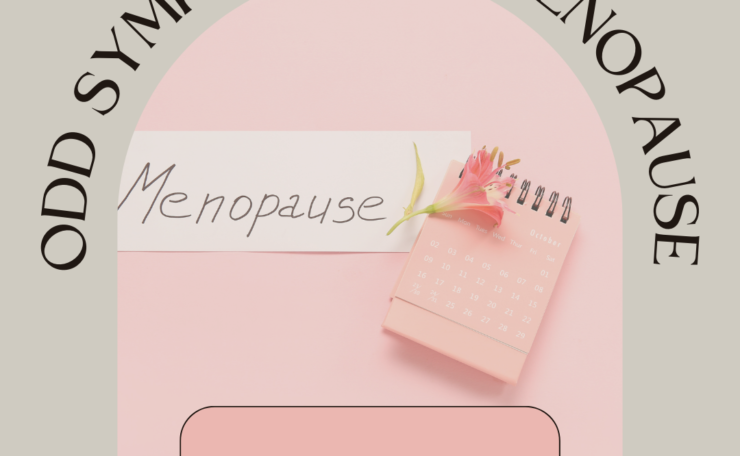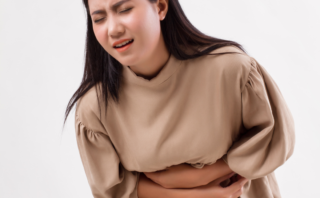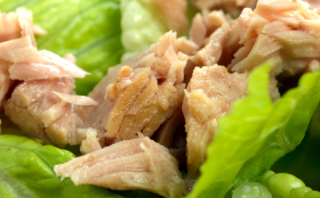
Week 5 – Odd Symptoms of Menopause
Welcome to week 5 of our series on Odd Symptoms of Menopause This week we will be talking about Loss of Fullness in Breasts and Bloating and Digestion Changes
Loss of Fullness in Breasts
With age most of us can accept that our breasts change shape and fullness changes. Breasts may appear less full, losing shape or volume.
How Menopause Affects Your Breasts
Again, estrogen is also responsible for breast fullness. When the estrogen levels decrease in menopause, breasts lose volume and look deflated. Collagen and elastin which are the building blocks of skin that keep it firm and elastic, begin to break down during this time which causes breasts to sag. Fluctuating hormones can also cause breast pain or tenderness.
What Can You Do to Support Breast Health?
We can’t change the aging process but we can take steps to support our breast health and the appearance of our breasts.
Tips for Loss of Breast Fullness:
- Maintain a healthy diet rich in nutrients
- Stay hydrated
- Support your skin’s elasticity using Vitamin C or collagen moisturizer
- Perform regular breast self-exams and get checked as recommended by your doctor
Bloating and Digestion Changes
Bloating feels like your abdomen is swollen. Your pants may feel tighter and you might even have pain. You may have never had digestion issues and now you feel like you do.
Why Does Menopause Cause Extreme Bloating
Our digestion can become less efficient as we age due to the relationship between hormones and the gut microbiome. Bloating symptoms may intensify or even worsen after menopause.
How to Get Relief From Menopause Bloating
Gut health is very complex. There is no straight forward solution to reduce bloating. Regular exercise can support digestion to help keep the bowels moving and prevent constipation. Staying hydrated, reducing stress levels and avoiding processed or fried foods and sugary drinks can be helpful.
Fermented foods like yogurt, miso and sauerkraut support the gut microbiome by providing probiotics to support healthy bacteria or taking probiotic supplements may also help. Ginger and peppermint are also helpful and effective natural remedies to soothe bloating.
Tips for Gas and Bloating in Menopause:
- Eat fermented foods
- Take a woman’s probiotic
- Eat 25 grams of fiber daily
- Eliminate or reduce alcohol, use of NSAIDS and unnecessary antibiotic use
Other Cause of Digestive Changes
Extreme bloating can also be a sign of another medical condition such as:
- Ovarian cancer
- Irritable bowel syndrome
- Small intestinal bacterial overgrowth
- Inflammatory bowel disease
- Celiac disease
So once again, getting to the root cause is important.
Menopause Symptoms Wrapped Up!
Whenever our body is feeling differently, it is important to seek medical advice. Menopause symptoms can be challenging, but they don’t have to rule your life. Recognizing the signs and understanding the causes can help you take action so you can thoroughly enjoy this chapter in your life!
For help with any of these symptoms and help getting to the root causes, get in touch – set up a discovery call at no charge and we can start to get you feeling better.
Join my Squash Your Menopause Woes program for one-on-one support.




